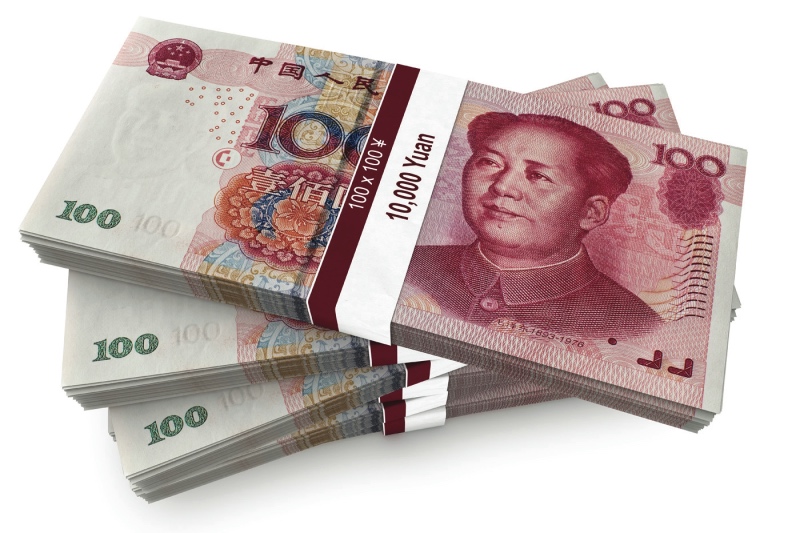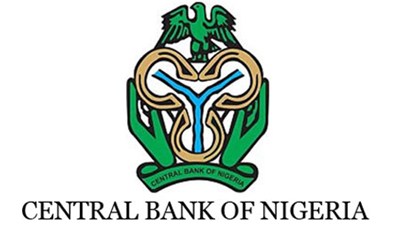The Central Bank of Nigeria (CBN)-led Bankers’ Committee declared on Thursday in Lagos that importers with invoices from Chinese exporters will pay less than their other counterparts.
At the end of its meeting in Lagos, the committee, comprising commercial and merchant banks’ Chief Executive Officers, explained that the discount was designed to encourage importers to go for Renminbi instead of dollars. This, it said, will help protect Nigeria’s foreign exchange reserves, which are in dollars.
Stanbic IBTC Bank Managing Director Demola Sogunle, who spoke at the end of the Bankers’ Committee meeting, said: “Specifically on the Renminbi and what is in it for importers, the idea is that the CBN is encouraging importers to receive invoices in Renminbi instead of dollars. And one of the incentives is that there is percentage spread, which is yet to be determined. It is actually given to any importer that is bringing Renminbi invoices for settlement, instead of dollar invoices.”
Such importers will avoid 10 per cent mark-up prices usually associated with dollar importation. China remains Nigeria’s biggest trading partner. The currency swap deal is expected to help small and medium enterprises grow their businesses.
Sogunle explained that in terms of the overall cost, importers who submit Renminbi invoices will pay less. “So, when you look at the overall cost, in terms of naira, if you bring Renminbi invoices, it is going to be cheaper for the importer coming to the CBN to get foreign currency, which in this case will be Renminbi. The importer will have to bring lesser amount of naira. If he goes ahead to bring from the same supplier, based in China and makes the invoice in dollar, it is going to cost more, in terms of the naira amount he is going to use to get the foreign currency,” he added.
Explaining further, Sogunle said invoices that are domiciled in Renminbi do not affect the foreign exchange reserves, now at $48 billion. “And do not forget, let’s link to what we are talking about in terms of external reserves, the external reserves will not be under threat. There is 15 billion Renminbi in place, in this bilateral currency swap. We are in a very good position, and that is why it is important to encourage importers to bring invoices in Renminbi, instead of dollars”.
The need to keep the naira stable prompted the CBN to sign the bilateral currency swap agreement with the People’s Bank of China (PBoC) worth about $2.5 billion. In local currencies, the swap is worth 15 billion Renminbi (RMB) or N720 billion. The three-year renewable deal will allow for the direct exchange of RMB and naira for the purpose of trade and direct investment between the two countries







